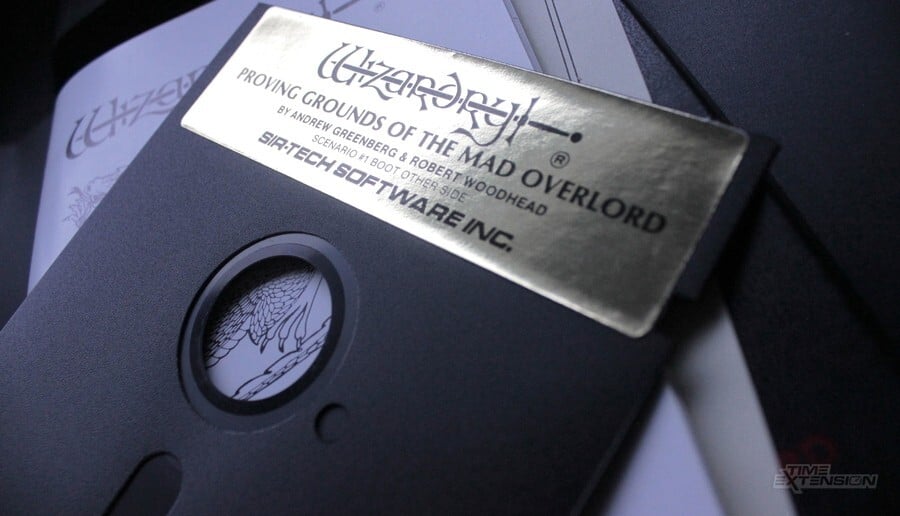
We recently spoke to the co-creator of Wizardry Robert Woodhead for an article about the making of the Apple II classic, and during that conversation, we ended up chatting to the developer about his views on piracy and how they have changed over time.
This led Woodhead to share with us a particularly wholesome encounter he had with an ex-video game pirate earlier this year, which had arrived the day after he had learned that his friend and former programming partner Andrew C. Greenberg had passed away.
"The day after Andy passed away, I got a letter in the mail from a Wizardry player," Woodhead told Time Extension. "And the letter basically said, 'Dear Mr Woodhead, I enjoyed your game quite a lot, but I have a confession to make. I had a pirated copy of the game I didn't buy. Please find enclosed $300, which is the value of the game adjusted for interest and inflation to assuage my conscience.'
"He went into this long calculation about how he figured that number out. And he said, 'I don't know how to get in touch with the Siroteks, so I figured I would send it to you and you figure out what to do with it.' And literally, that came in the mail the day after I learned that Andy had passed. But it kind of hit home to me how much the game had influenced people and touched their lives, which is something that of all things is most important to me. So I passed on the money to Andy's kids. And hopefully, they'll use it to create some good memories. "
Woodhead, in case you're unfamiliar, was extremely outspoken about individuals pirating Sir-Tech products back in the day, claiming in the Syracuse Herald American in 1988 that Sir-Tech had lost an estimated one-fourth of its deserved revenue to video game pirates since 1981. He even occasionally infiltrated pirate bulletin boards in his spare time to try and keep a tab on their operations — something that eventually ended up getting him booted after the pirates worked out his identity by calling Sir-Tech's modem outline.
Nowadays, he admits to having a much more relaxed opinion about software piracy and video game pirates, stating that there's a pretty clear distinction to be drawn between victims of circumstance (those who pirate because they will never be able to afford a product) and those who simply pirate because they can.
In sharing this story, he jokes that hopefully this letter will start a trend and encourage more former pirates to seek absolution for their former sins.
